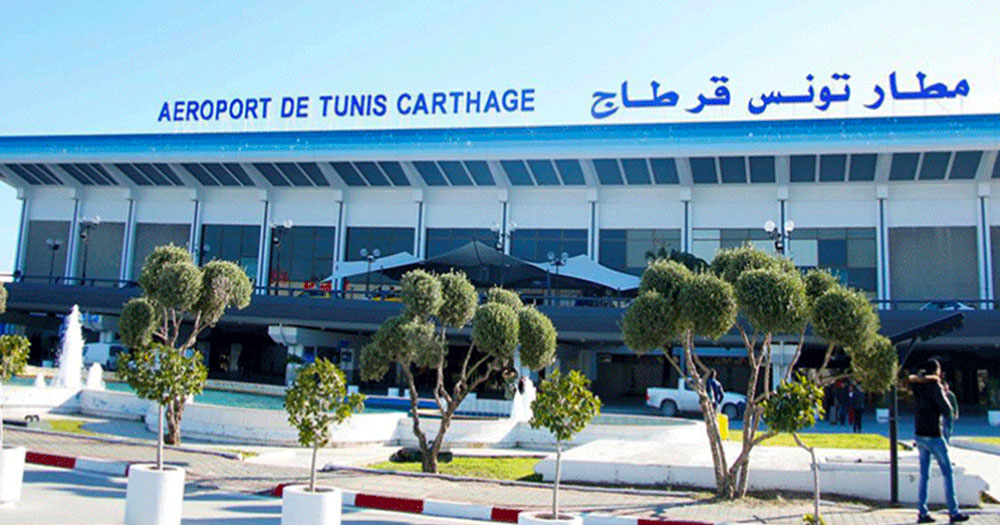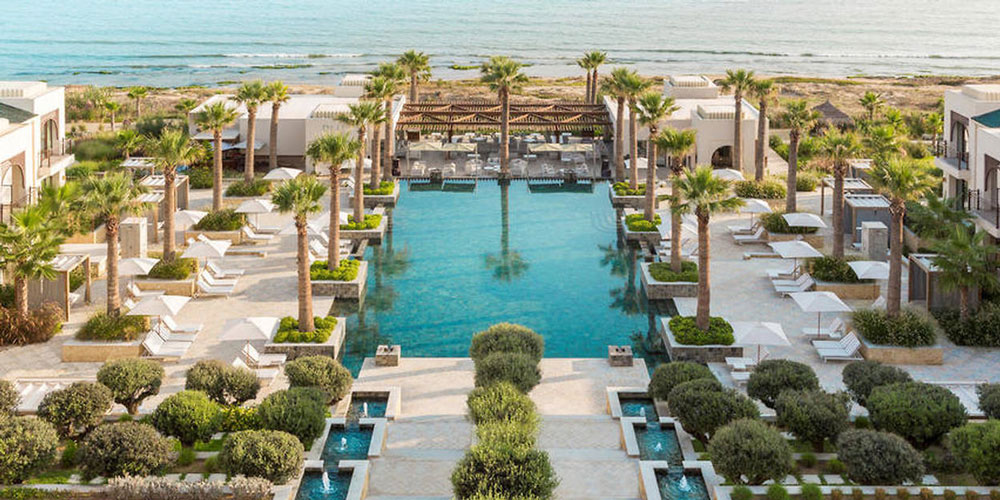Tunisia is a destination that combines both a rich historical heritage and modern infrastructure, providing an ideal setting for organizing conferences and seminars. The country enchants with its ability to blend tradition and modernity, allowing participants to enjoy a stimulating and inspiring environment. This article explores the various aspects that make Tunisia a favored location for professional events, highlighting the historical, cultural, and logistical advantages of the country.
1. A rich and diverse historical heritage
Tunisia is a land marked by history, with a heritage that spans several millennia. From the remnants of the Phoenician era to the monuments of the Roman period, and the medieval medinas, the country offers a fascinating dive into different epochs. Iconic sites such as Carthage, the El Jem Colosseum, and the medina of Tunis, which is listed as a UNESCO World Heritage site, provide unique settings for events. Seminar organizers can even plan guided tours or cultural activities related to these locations to enrich the participants' experience.
These historical sites can also be used as a backdrop for special events, such as gala dinners, outdoor cocktails, or themed evenings. For instance, it is possible to organize a dinner under a Berber tent in the ruins of Carthage, offering guests a complete immersion in the millennia-old history of Tunisia.
2. Modern infrastructure for conferences and seminars
Tunisia has high-quality infrastructure to host conferences, seminars, and professional events of all sizes. Major cities such as Tunis, Hammamet, Sousse, and Djerba are equipped with modern conference centers and luxury hotels offering facilities tailored to the needs of event organizers.
Conference centers and hotels provide flexible meeting rooms equipped with state-of-the-art audiovisual technology, high-speed internet connections, and simultaneous translation services upon request. For example, the Pheres Conference Center at the Odyssée Resort in Zarzis offers a plenary room that can accommodate up to 600 people, as well as several breakout rooms for small group sessions (Tunisia MICE Makers (1)). Organizers can thus configure spaces according to the event format, whether it is a plenary conference, interactive workshops, or training sessions.
3. Easy accessibility for international participants
Tunisia benefits from a strategic location in North Africa, close to Europe and the Middle East, making it an easily accessible destination for international participants. The country has several international airports, including Tunis-Carthage, Djerba-Zarzis, Monastir, and Enfidha, which offer direct flights to many major cities in Europe, Africa, and the Middle East. This air connectivity facilitates the easy gathering of participants, regardless of their countries of origin.

Moreover, entry formalities for foreigners are generally straightforward, with often reduced visa requirements for business travelers from partner countries. Event organizers can also benefit from the assistance of local authorities to facilitate administrative and logistical processes.
4. A variety of venues and activities to combine work and leisure
One of Tunisia's main attractions as a MICE destination is the opportunity to combine professional activities with leisure. Participants can attend conferences in the morning and then take advantage of the afternoon to explore tourist sites, relax at a thalassotherapy center, or participate in cultural and sports activities. This unique blend of work and leisure makes seminars more dynamic and engaging while offering participants a rewarding experience.
Among the most popular activities are excursions in the Sahara Desert, visits to historical medinas, and boat cruises around the Mediterranean islands. Thalassotherapy centers, such as those located in Djerba and Hammamet, also allow participants to rejuvenate with spa and wellness treatments.
5. A varied hotel offering suited to all needs
Tunisia offers a wide range of accommodations, from budget hotels to five-star resorts, providing lodging options suitable for all budgets. Many hotels in Tunisia are also equipped for conferences, with integrated meeting rooms, catering services, and leisure facilities. Event organizers can thus offer all-inclusive stays, including accommodation, meals, transfers, and additional activities.
International hotel chains such as Radisson Blu, Four Seasons, and Mövenpick have establishments in the main cities and tourist regions of the country, ensuring quality service and international standards. These hotels not only offer modern facilities for events but also relaxation spaces, such as pools, spas, and golf courses, which complement the MICE offering.

6. Unique incentive and team-building opportunities
Tunisia offers a multitude of options for incentive and team-building activities, allowing for team cohesion and participant motivation. Among the most popular experiences are:
• 4x4 excursions in the Sahara Desert for an extraordinary adventure, with the option to spend the night in a Bedouin camp under the stars.
• Water sports activities on the beaches of Djerba or Hammamet, such as jet skiing, windsurfing, or scuba diving.
• Tunisian cooking workshops to learn how to prepare traditional dishes, such as couscous or local pastries, offering immersion in the country's culinary culture.
These activities create moments of sharing and discovery while providing participants with a welcome break between work sessions.
7. A favorable climate for events year-round
With its Mediterranean climate, Tunisia enjoys pleasant temperatures throughout the year, making it an ideal destination for organizing events in any season. The spring and autumn months are particularly appreciated for conferences and seminars due to the mild and sunny weather. Events can thus take place outdoors, in hotel gardens, on terraces, or even on the beach.
The pleasant climate also encourages outdoor team-building activities, such as hiking, sports competitions, or treasure hunts, adding a playful dimension to seminars and conferences.


